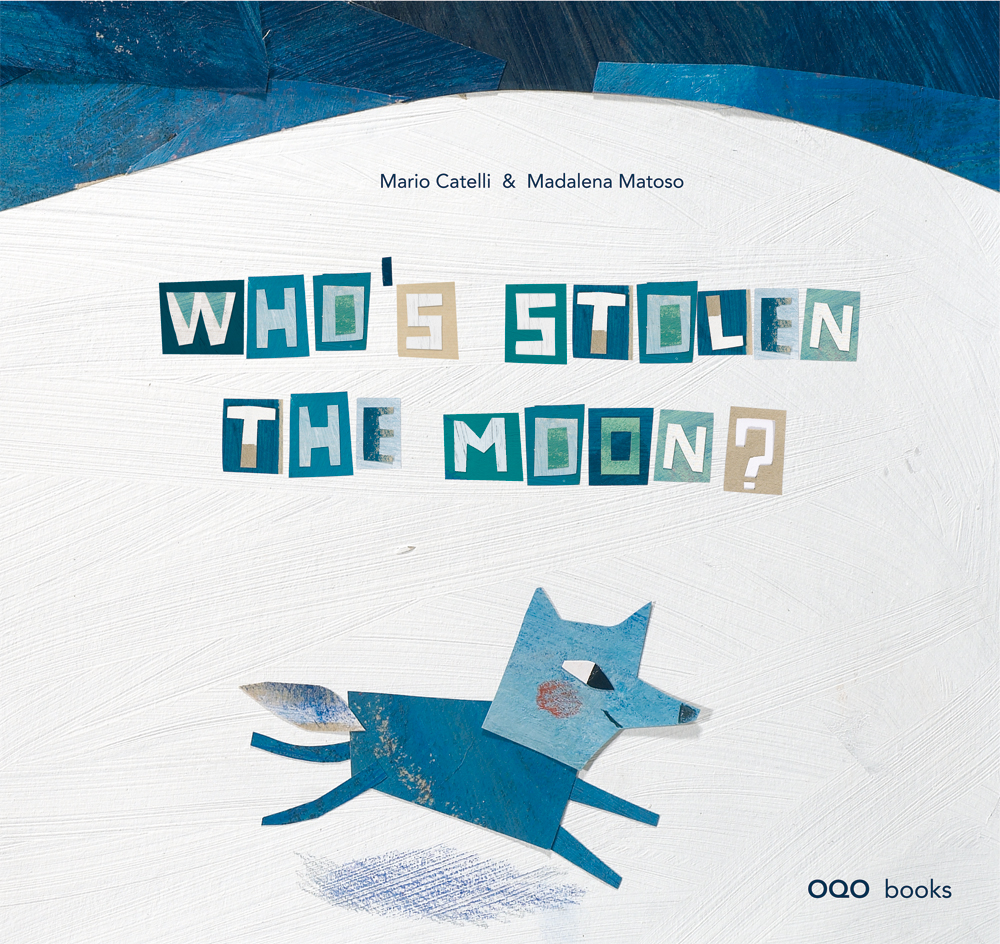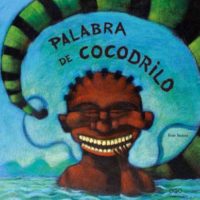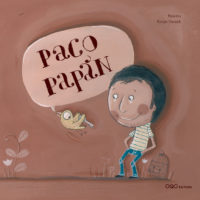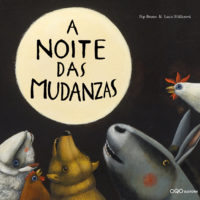Who’s stolen the Moon?
Mario Catelli & Madalena Matoso
13,50€
- Páginas 36 pages
- Encuadernación hardback
- Medidas 25x23 cm
- Publicación October 2009
Kip, the youngest of the pack, wants to howl like the big wolves; one night with a full moon he runs off to the mountain and breathes in so strongly, the moon falls from the sky… The most active way of acquiring knowledge in infancy is through imitation; the world is absorbed by children through the senses and, able to imitate, they respond to their surroundings. Play is also a fundamental part in the intellectual and emotional development; it allows the world to be explored and sets the imagination and creativity off.
More info





